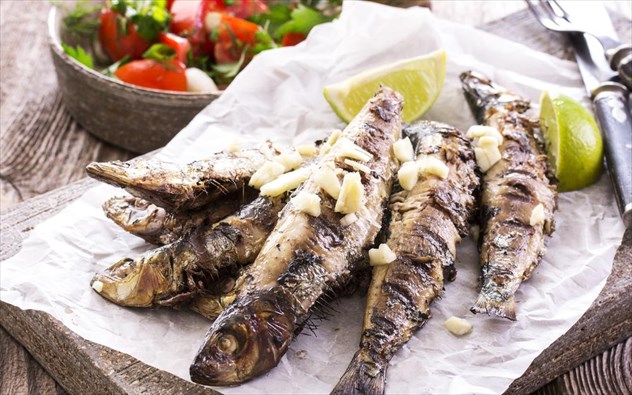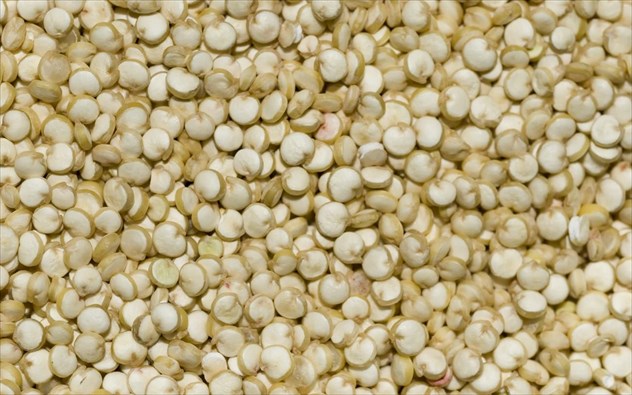photos www.clickatlife.gr
You read about them, and promise yourself that you will include them in your diet from next Monday, but you have not done so yet. But in 2015, these six foods should be present in your daily diet, especially if eating healthilyy was one of your New Year's resolutions.
Remember the last time you ate sardines, tried pomegranate or added beetroot to your salad? If it has been a long time since then, see why you need to add these and a few other foods to your diet.
Kale
Apart from being rich in antioxidants, which fight free radicals and have an anti-cancer effect, kale is an important source of vitamin A, which is good for the eyes and skin. Kale strengthens the immune system as well by purveying vitamin C in an amount equal to that of an orange. It also has an extremely high content of plant fibres, which are so important in the diet because they provide a feeling of satiety. If you haven't done so yet, hurry up and add kale to your salad or sandwich.
Beetroot
Beetroot is rich in folic acid, which improves the vascular and the nervous system. Folic acid regulates homocysteine: when its level in the body is high, this is typically attributable to coronary conditions or osteoporosis. Among other things, beetroot contains betacyanin, a powerful antioxidant, and is a fighter against Alzheimer's disease and senile dementia. If you wish to preserve its full antioxidant properties, eat it raw, adding it to your salad.
Sardines

Fish lovers are more likely to eat sardines, but the rest are also well advised to add them to their diet. Sardines are among the best sources of omega-3 fatty acids, which bolster heart and brain health, and are so good for our skin. Sardines are rich in vitamin D and calcium, and strengthen our bones. Being small, they contain less toxins than large fish. Add a little olive oil to them and tap into their excellent qualities.
Pomegranate
The pomegranate plays a major role in the New Year traditions in many places in Greece, where they break it up for good luck. But once you have broken it, you better eat it as well. It is rich in vitamin C, strengthens the immune system and contains a wealth of antioxidants. It protects the cells from free radicals that cause the wear and tear of our bodies. In addition its fibres make for a healthier stomach and better waistline. Add it to your salad or squeeze it into juice: mix it with some orange, for more vitamin C. Or just eat it straight.
Quinoa

It looks like a cereal, but is in fact the dried fruits of the quinoa plant. When used regularly, it brings tremendous benefits. Quinoa is rich in vegetable fibre, contains more protein than wheat; it is also rich in potassium, iron and omega-3 fatty acids. It only takes about 15-20 minutes to cook. The combination of plant fibre and protein is particularly healthy as it prolongs the feeling of satiety and keeps us away from additional calories.
Kefir
Kefir is a dairy product fermented with the help of bacteria, yeasts and polysaccharides. It is easily absorbed by the body. It is rich in probiotics, which help the immune system and the stomach, and in calcium. Its low fat content and scant calories make it perfect for people fighting obesity, hypertension and atherosclerosis. Add it to your next smoothie.